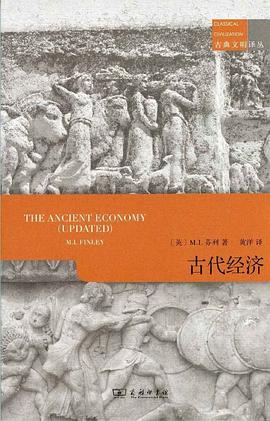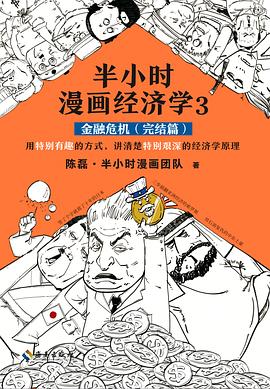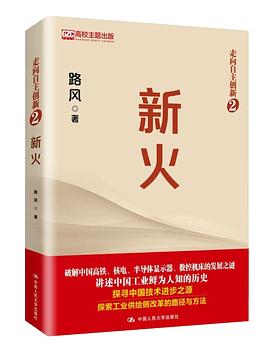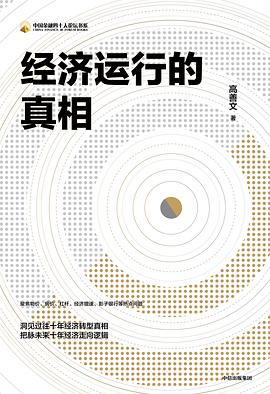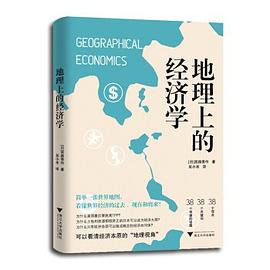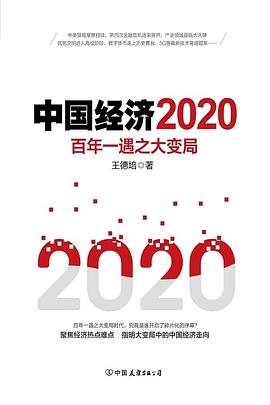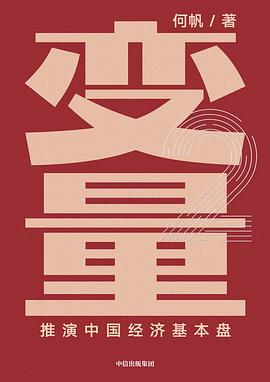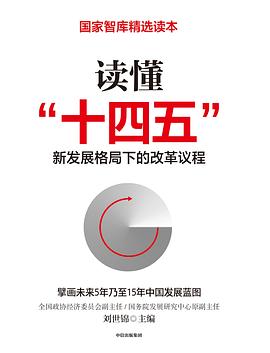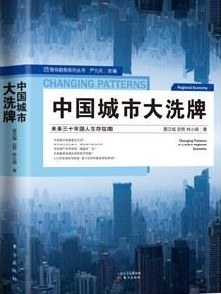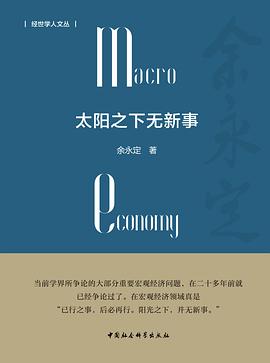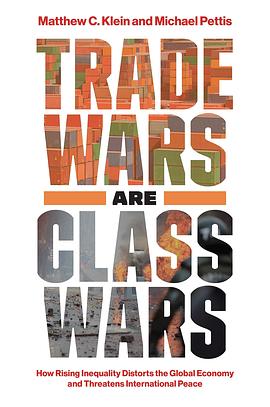

具體描述
Matthew C. Klein is the economics commentator at Barron’s. He lives in San Francisco, CA. Michael Pettis is professor of finance at Peking University’s Guanghua School of Management and a senior fellow at the Carnegie Endowment for International Peace. He lives in Beijing.
Trade disputes are usually understood as conflicts between countries with competing national interests, but as Matthew C. Klein and Michael Pettis show, they are often the unexpected result of domestic political choices to serve the interests of the rich at the expense of workers and ordinary retirees. Klein and Pettis trace the origins of today’s trade wars to decisions made by politicians and business leaders in China, Europe, and the United States over the past thirty years. Across the world, the rich have prospered while workers can no longer afford to buy what they produce, have lost their jobs, or have been forced into higher levels of debt. In this thought‑provoking challenge to mainstream views, the authors provide a cohesive narrative that shows how the class wars of rising inequality are a threat to the global economy and international peace—and what we can do about it.
用戶評價
##和great rebalance一樣的理論框架,可搭配看。沒太涉及class war 和inequality,兩者隻是作為産能/儲蓄剩餘的起因被討論。
評分 評分 評分##颱版
評分 評分 評分 評分##"Despite these moves toward liberalization, the end of the war failed to restore trade to its pre-1929, much less pre-1913, importance. In fact, crossborder flows of goods and services relative to global output would not return to the zenith reached in the 1870s until the 1970s." Shocked me.
評分相關圖書
本站所有內容均為互聯網搜尋引擎提供的公開搜索信息,本站不存儲任何數據與內容,任何內容與數據均與本站無關,如有需要請聯繫相關搜索引擎包括但不限於百度,google,bing,sogou 等
© 2025 book.cndgn.com All Rights Reserved. 新城书站 版權所有


